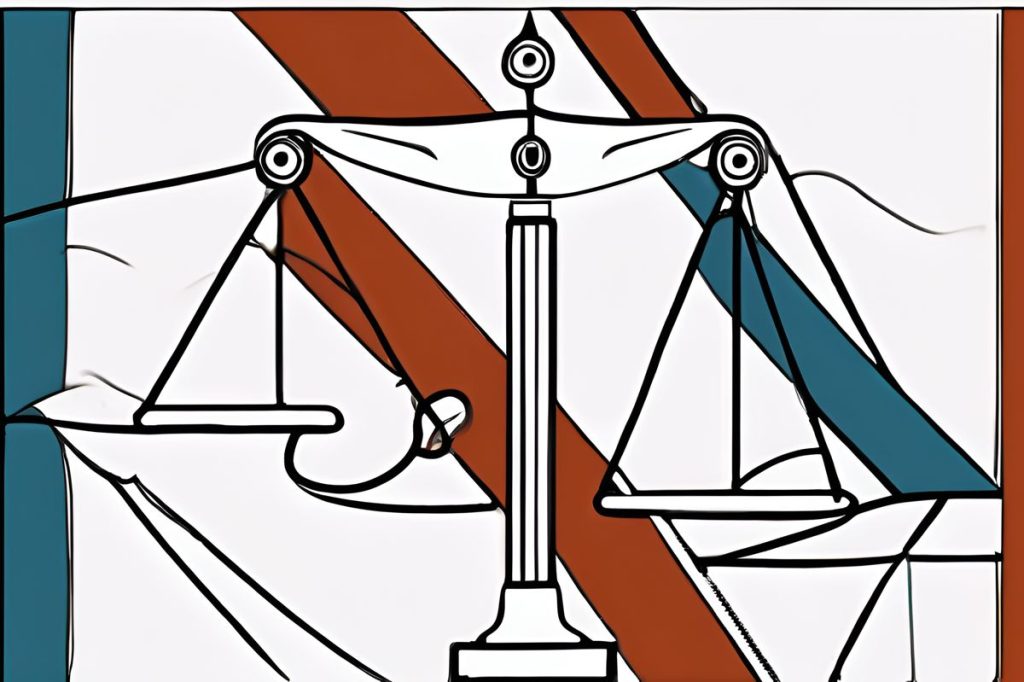The Attorney-General of Cyprus, George Savvides, advocates for criminalizing offensive or threatening online behavior to align with physical world consequences, aiming to balance freedom of expression with protection from harm in the digital age. The proposed legislation seeks to maintain justice and societal standards, bridging the gap between online actions and their tangible repercussions.
Should internet etiquette be enforced by law?
The Cyprus Attorney-General advocates for laws that would criminalize online behavior considered offensive or threatening, aligning digital actions with their physical counterparts. Such legislation aims to balance freedom of expression with protection from online harm, maintaining justice and societal standards in the digital age.
Addressing Online Misconduct
The Cyprus Attorney-General, George Savvides, has recently emphasized the urgency for legislative advancements that would extend criminal accountability to certain behaviors on the internet which are already punishable when performed in the physical world. During a lecture at the University of Cyprus, Savvides highlighted the incongruence in legal responses to public actions versus their online counterparts. This disparity, he argues, must be addressed by the legal system to maintain justice and order in the digital age.
The Attorney-General pointed out that the internet, while being a powerful tool for communication and information exchange, also opens avenues for the rapid dissemination of harmful content. The proposed bill, which was introduced to parliament back in 2020, seeks to address this by criminalizing the publication of messages that are grossly offensive, obscene, or that carry threats.
Protecting Individuals and Upholding Freedoms
Savvides also brought attention to the delicate balance between upholding freedom of expression and protecting individuals from online harm. He noted that freedom of expression is a cornerstone of individual development and public discourse, enshrined in both the Republic of Cyprus’ constitution and the European Convention of Human Rights. However, he stressed that this freedom comes with the responsibility to respect others’ rights and the integrity of legal proceedings.
Emphasizing the state’s role, Savvides mentioned the obligation to protect writers and journalists, ensuring a conducive environment for public debate where ideas can be expressed freely and without fear. This nurturing of a fearless exchange of thoughts is seen as essential, even if the opinions shared are in opposition to those held by public authorities or the majority.
Legal Considerations and Digital Transition
Further elaborating on the legal realm, the Attorney-General touched upon the restrictions related to legal cases. He articulated the need for such limitations to prevent the influence of public opinion on judicial matters and to protect the public’s trust in legal institutions.
While the digital realm presents new challenges, Cyprus has been praised for making rapid progress in its digital transition, fostering an environment that encourages innovation and adaptation in this continuously evolving landscape. The proposed legislation could be seen as part of this broader effort to modernize the nation’s approach to digital issues.
A Step Towards Legislative Change
In his closing statements, Savvides expressed his belief that the time is ripe for the legislative body to take decisive action. By voting in favor of the bill, parliament would be taking a significant step in aligning the virtual world with the established norms and regulations of physical society, reflecting an advancement in digital governance and a commitment to maintaining societal standards in the age of the internet.
How does the Cyprus Attorney-General propose to address online misconduct?
The Cyprus Attorney-General, George Savvides, advocates for legislative advancements that would extend criminal accountability to certain online behaviors punishable in the physical world. The proposed legislation aims to bridge the gap between legal responses to public actions and their online counterparts, maintaining justice and order in the digital age.
What is the balance between freedom of expression and protection from online harm according to the Attorney-General?
The Attorney-General emphasizes the delicate balance between upholding freedom of expression and protecting individuals from online harm. While freedom of expression is a fundamental right, it comes with the responsibility to respect others’ rights and maintain the integrity of legal proceedings. The proposed legislation aims to address this balance by criminalizing harmful online behavior.
How is Cyprus adapting to the digital realm in terms of legal considerations?
Cyprus has been rapidly progressing in its digital transition, fostering an environment that encourages innovation and adaptation in the evolving digital landscape. The proposed legislation to criminalize offensive or threatening online behavior is part of this broader effort to modernize the nation’s approach to digital issues, aligning virtual actions with established societal norms.
What are the implications of enacting laws to enforce internet etiquette?
Enacting laws to enforce internet etiquette could signify a significant step towards aligning the virtual world with the established norms and regulations of physical society. By criminalizing harmful online behavior, the legislation aims to promote justice, protect individuals from online harm, and uphold societal standards in the digital age.

